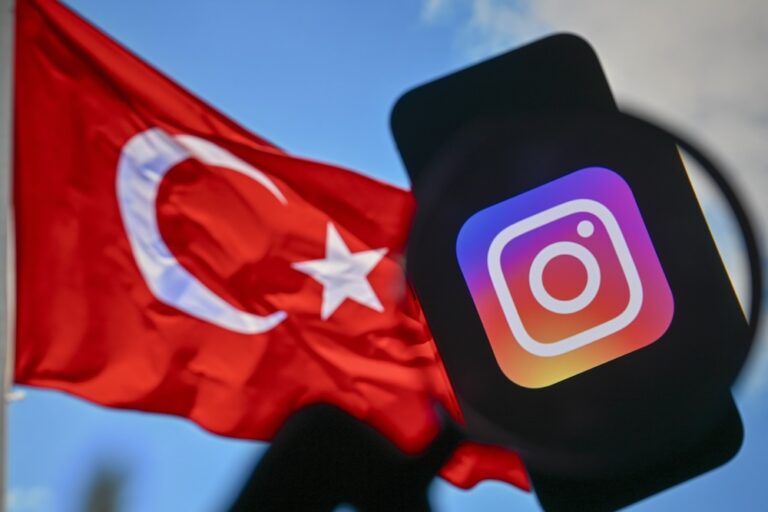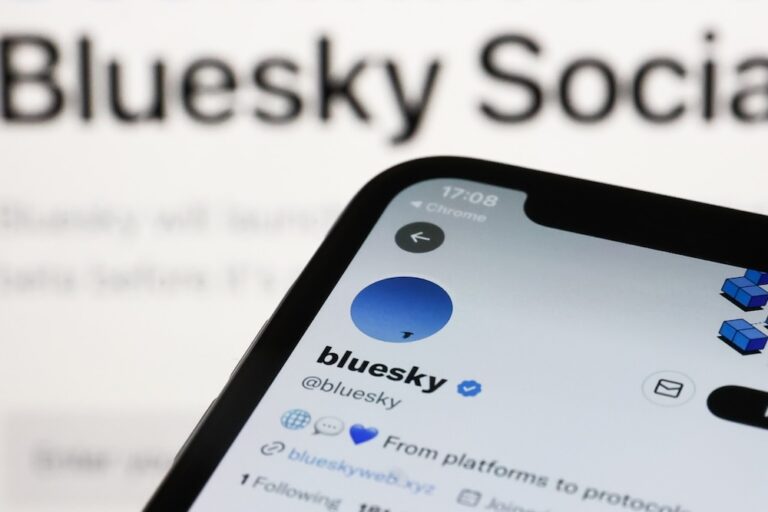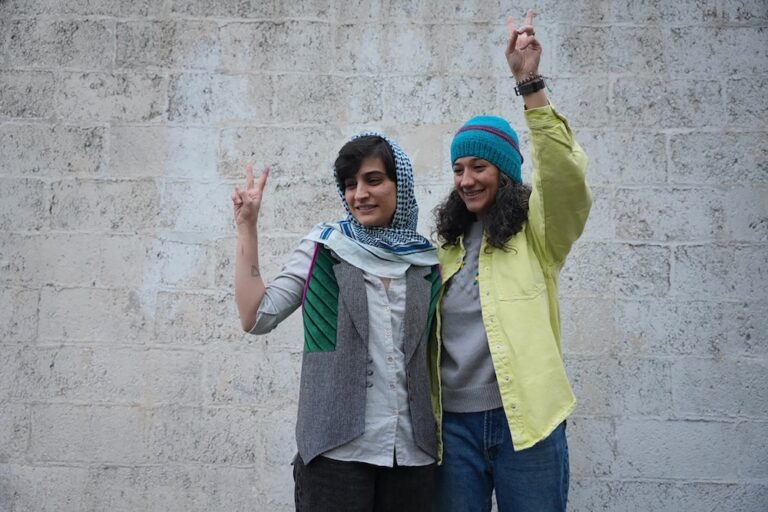Reporters Without Borders hails the resolution on "the promotion and protection of human rights in the context of peaceful protests" that UN Human Rights Council adopted on 28 March 2014. It recognises and endorses the essential role journalists play in covering demonstrations and condemns the harassment and attacks they often suffer while so doing.
Reporters Without Borders hails the resolution on “the promotion and protection of human rights in the context of peaceful protests” that the UN Human Rights Council adopted on 28 March 2014. It recognizes and endorses the essential role journalists play in covering demonstrations and condemns the harassment and attacks they often suffer while so doing.
“Journalists covering demonstrations were exposed to a dramatic increase in violence and intimidation in 2013,” said Lucie Morillon, head of research and advocacy at Reporters Without Borders. “We welcome the fact that the Council heeded our concerns. This resolution will be an important tool in our advocacy with the states concerned.
“Procedures for monitoring states’ compliance must now be put in place to ensure that this resolution is implemented effectively. The UN’s existing mechanisms must also fully take on board the issue of media coverage of peaceful protests. It must now be incorporated into the relevant ‘special procedures,’ including all the reports, press releases and country visits of the special rapporteurs on freedom of expression and freedom of peaceful assembly and of association.”
Morillon added: “The international community must go further in the protection of journalists. After taking a position on the issue of civilians and journalists in armed conflicts in 2006, the UN Security Council must now address the situation of journalists in unarmed conflicts, including protests, on the lines of the resolution on the safety of journalists that the General Assembly adopted in November 2013.”
The Human Rights Council’s resolution starts by recognizing that “peaceful protests can make a positive contribution to the development, strengthening and effectiveness of democratic systems.” It goes on to urge states to “pay particular attention to the safety of journalists and media workers covering peaceful protests,” and, significantly, to take account of “their specific role, exposure and vulnerability.”
This last phrase represents a major step forward inasmuch as it constitutes recognition by the Council of the special dangers that journalists face in demonstrations, as well as their special role.
The resolution goes further than previously in its acknowledgement of the essential role of journalists.
It recognizes “the important role played by national human rights institutions, civil society, including non-governmental organizations, journalists and other media workers, Internet users and human rights defenders, and other relevant stakeholders in documenting human rights violations or abuses committed in the context of peaceful protests.”
Submitted by Costa Rica, Switzerland and Turkey, the resolution was the subject of laborious discussion during several Council sessions, with objections being raised about the obligation of states and protesters, the categories of persons to be protected, and the behaviour of police and protesters. But in the end there was a surprising consensus on the issue of journalists, their role and attacks against them.
Account taken of RWB’s concerns
The resolution echoes the concerns that Reporters Without Borders had expressed in recent months, and especially in a written submission to the Council in February about a deterioration in the situation of journalists at peaceful protests.
In this submission, Reporters Without Borders stressed the crucial role that journalists play as information providers, witnesses and monitors at peaceful demonstrations, serving the public interest by providing coverage of these public, collective and political events.
The submission said: “The media act as witnesses of the behaviour of the police during demonstrations. Journalists cover what happens, often while it is taking place, including any arrests, cases of violence or other abuses against demonstrators.”
By covering demonstrations, the submission continued, the media are able to “inform the public that they have taken place, report the grievances or demands that were expressed, report the way that the authorities responded, and allow a debate to emerge about these protests, the demands, and so on.”
Reporters Without Borders wrote in the submission that “any discussion about the promotion and protection of human rights in the context of peaceful protests, mentioned in the Human Rights Council’s Resolution 19/35, must take account of the status of journalists during these protests.” RWB finally urged states to “recognize media coverage as a contributing factor in the promotion and protection of human rights in the context of peaceful protests.”
Growing problems for journalists covering protests
With a total of 153 journalists injured and 39 arrests reported, media personnel were often the victims of the use of police violence against anti-government protests in Turkey from May to September 2013.
At least 58 journalists were injured in Ukraine from the start of the Euromaidan protest movement on 23 November 2013 until the protests degenerated into clashes on 19 January. The police seemed to target them deliberately although most of them were wearing vests marked “press.”
The toll from arbitrary behaviour by security forces at protests in Egypt has been particularly high, both during the Morsi period and since the army took power. A total of 65 journalists were attacked and 103 were arrested during protests in 2014, while another 11 have been attacked and 32 have been arrested since the start of 2014.
Around 100 journalists have been the victims of violence in the wave of protests that began in Brazil in June 2013.
As well as violence, journalists are often the victims of arbitrary arrest and prosecution or intimidatory measures, both in authoritarian countries and democracies. In Greece, for example, riot police have yet to adapt the methods they use against protests and continue to treat photographers, cameramen and soundmen as unwanted witnesses of their excesses. The neo-Nazi party Golden Dawn and radical anarchist groups also attack journalists at protests.
Reporters Without Borders has also registered many cases of journalists being obstructed in order to prevent coverage, including international coverage, of protests. The obstruction has included denial of access to protests, denial of entry on arrival in a country, and confiscation of equipment.
In China, Agence France-Presse reporters were briefly arrested and then turned back from the northwestern region of Xinjiang after clashes there on 26 June 2013 that were the deadliest since the 2009 riots.
Those trying to cover protests in Bahrain are often the victims of arbitrary arrest, torture and mistreatment. The authorities tried to impose a news blackout on the protests that took place on 14 August 2013 by jailing netizens and turning back journalists and human rights defenders from other countries.


